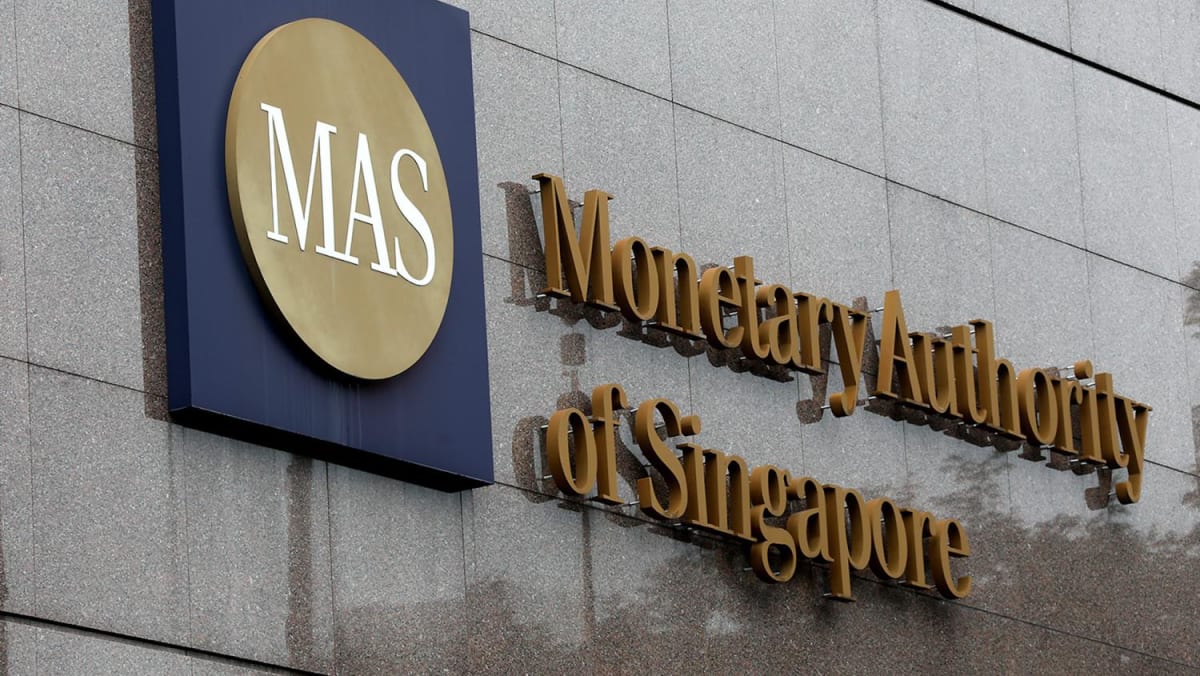
SINGAPORE — The police in Singapore have received more than 670 reports that remittances totalling around S$13 million made to China have been frozen by the authorities there.
This has led the central bank here to impose a three-month requirement from next month on remittance firms to use just bank and card channels when transmitting money to China.
About 430 reports of such frozen remittances were made against Samlit Moneychanger operating here, the police said in a joint statement with the Monetary Association of Singapore (MAS) on Monday (Dec 18).
They also said that people who want to remit money to China should do so through banks and card networks to prevent any inadvertent freezing of cash or accounts by China’s law enforcement agencies.
In its notice to remittance firms, MAS said that for such money transfers, they may engage only a bank, an operator of a card network such as China’s payment services firm Union Pay International, or a licensed financial institution that can engage a bank or an operator of a card network.
This temporary suspension against all other channels will be reviewed after end-March.
“This is necessary for the immediate protection of consumers, and to stem the number of reported new cases of beneficiaries’ accounts in China being frozen,” the police and MAS said.
Although such non-bank channels were not prohibited, recent actions taken by China’s law enforcement agencies with respect to such channels have made them riskier than banks, they added.
They also cautioned members of the public against rushing to remit monies to China through overseas third-party agents before January 2024.
Chinese newspapers Lianhe Zaobao and Shin Min Daily News in Singapore first reported on Nov 19 that some people were complaining that money remitted into their beneficiaries’ bank accounts in China had been frozen or confiscated by law enforcement agencies there.
It was also reported that remittance companies usually let customers choose if they wanted to transfer the money through banks or UnionPay, or through third-party agents who offer a better exchange rate by transferring through other types of accounts but with a higher risk of funds being frozen.
The Chinese Embassy in Singapore had earlier published an advisory on Oct 24 advising its citizens here to use official banking channels when using remittance services, instead of taking up third-party agents with their more favourable exchange rates.
OUTREACH SESSION WITH AFFECTED PARTIES
On Monday evening, the police and MAS held an outreach session to advise people who have had their remittances frozen due to third-party agents involved in the transfer chain.
The session, held at the Police Cantonment Complex, was attended by 39 people who were affected, mostly citizens of China working here.
Representatives from the Chinese Embassy in Singapore and three remittance companies — namely Samlit Moneychanger, Hanshan Money Express and Zhongguo Remittance — were there as well.
The authorities here noted that for the cases reported, the remittance companies processed the affected outward remittances through overseas licensed agents and not through a direct bank transfer from Singapore to China, in order to keep transaction costs low.
These cases made up a small minority of total remittance transactions through remittance companies, the police and MAS said.
In their statement, the authorities also said that Singapore’s Ministry of Foreign Affairs has engaged the Chinese Embassy in Singapore on multiple occasions in the past month to register the Government’s concerns on the impact to remitters here and to understand what the affected remitters need to do to get China’s law enforcement agencies to unfreeze the money and accounts.
The Singapore Embassy in Beijing, China has also raised this matter with China’s foreign affairs ministry, as has the Singapore Police Force with its counterparts in China.
MAS has been engaging the remittance companies involved and has told them to render the needed help to affected customers and to strengthen their complaints-handling process.
This includes issuing a confirmation letter to affected remitters upon request, to prove that their money had been remitted through them into China, with information on the source of funds, such as through employment, to facilitate the unfreezing of the accounts.
These actions are part of a broader effort by the Singapore Government to work with the Chinese government and the remittance companies in Singapore to help the remitters understand how they can get their monies and accounts in China unfrozen, the police and MAS said.
“The Singapore Government has no jurisdiction over the beneficiary bank accounts frozen by China’s law enforcement agencies. Nevertheless, we are in close contact with China’s government on the information required to facilitate its law enforcement agencies’ decision on unfreezing the accounts,” they added.
“The Singapore Government understands the frustrations faced by the affected remitters and is doing all it can to help. We urge the affected remitters to provide all the information necessary to facilitate the unfreezing of their accounts by China’s law enforcement agencies, and to seek redress within the legal framework of Singapore.”